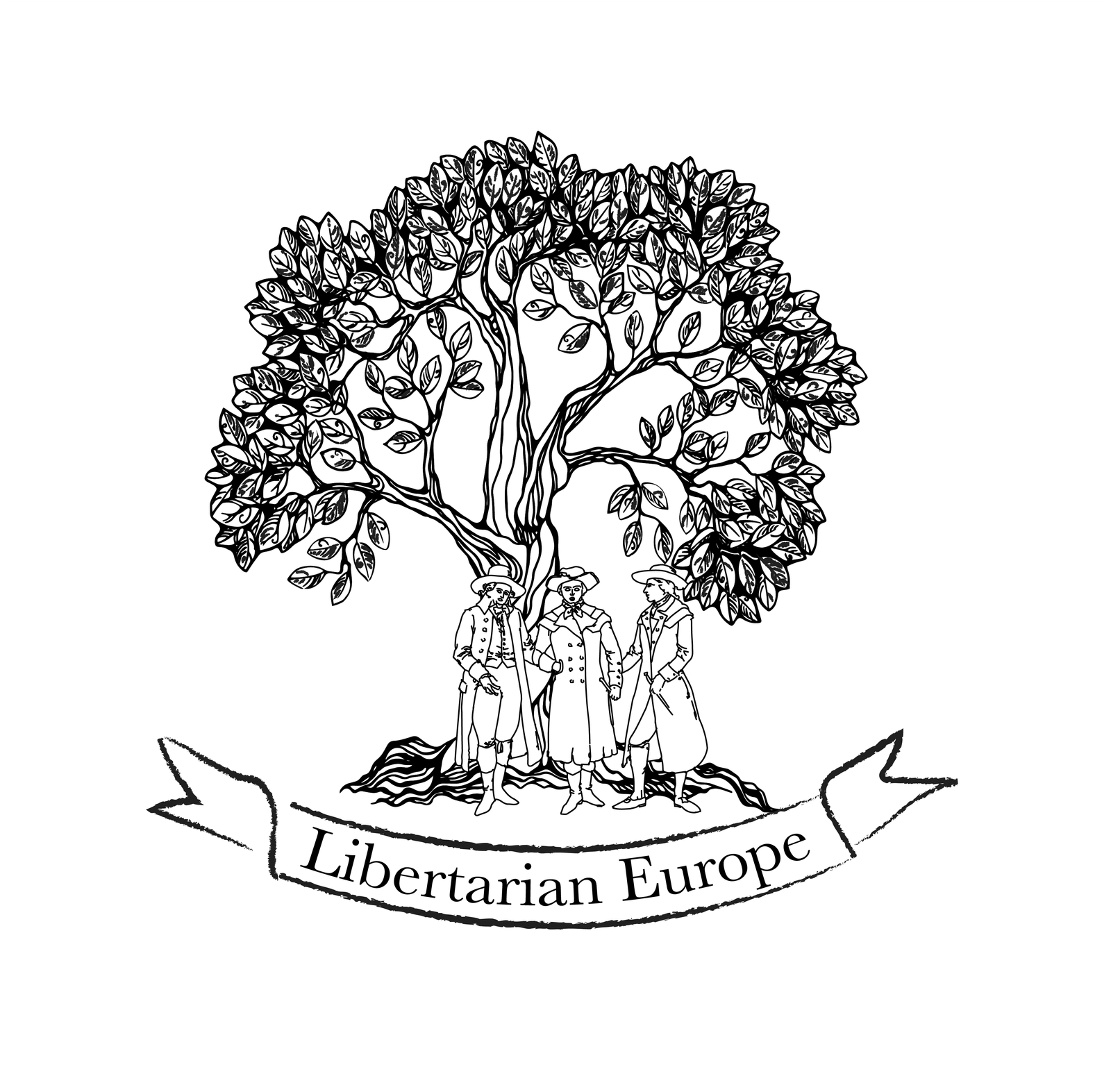
by Lucas Nunes | Jul 24, 2024 | Economics
Cuba’s Economic Failures: The Embargo Demystified Leftists love to use the United States embargo to justify Cuba’s misery instead of acknowledging that socialism is an inherently flawed economic system that is doomed to fail. Français To find excuses for the inherent...

by Gabriel Braga | May 1, 2023 | Economics
What is the market? The market is a fundamental piece for the functioning of the economy, playing an important role in the allocation of scarce resources in society. We often see the term ‘market’ being used by economists, journalists, politicians, and various other...

by Gabriel Braga | Apr 13, 2023 | Economics
The Marginal Revolution and the Paradox of Value The Marginal Utility refers to how much satisfaction we get from consuming an additional unit. Do not confuse this with total utility. An example: if we are thirsty and drink 3 glasses of water, the total utility is the...

by Josh Lauson Ascough | Jan 11, 2023 | Economics
No Clear Nor Close Target Price stability and a positive rate of inflation should not be the aims of a monetary authority, as such policies tend to create severe financial instability. Prices should fluctuate to reflect the productivity of individual industries and...

by Gabriel Braga | Jan 7, 2023 | Economics
What is money? People are in constant search to satisfy their needs. However, it is very difficult nowadays for us to be able to satisfy our needs alone. It is impossible for a single person to produce everything he needs to have a minimally modern life: it is not...

by Daniel Gomes Luis | Jan 4, 2023 | Economics
‘Inflation’ is still transitory I was wrong about both the persistence and magnitude of the price increases of goods and services. What did escape my reasoning, you ask? In short, I never thought banks and other credit institutions would be so stupid and reckless....








